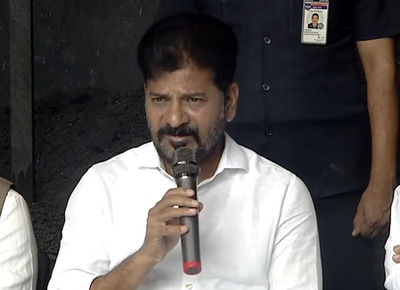

Super apps were once an Asian tech phenomenon which are now gaining traction in the US. The year 2025 is seeing American startups are building unified digital ecosystems that combine payments, shopping, messaging, and more, setting the stage for a new kind of platform dominance.
What makes a Super App?
A super app bundles a range of services like payments, banking, food delivery, messaging, entertainment, into one seamless interface. These platforms rely on AI, APIs, blockchain, and IoT to enable real-time personalization, integration, and convenience.
While Asian giants like WeChat, Grab, and Gojek pioneered this space, US startups are reimagining the model with a focus on hyperlocal services, modular ecosystems, and data privacy tailored to the American digital consumer.
US Super App landscape in 2025
In the US, the race is heating up beyond just big tech. PayPal and Venmo now offer crypto trading, microloans, and social features. Revolut has expanded its footprint with multi-currency accounts, commission-free trading, and smart budgeting. Uber is integrating rides, food delivery, and even prescription services into one ecosystem. Emerging startups are building super apps for neighbourhood commerce, telehealth, and digital community spaces.
Unique American features include desktop-native extensions, tighter bank integrations, and support for regional small businesses. With North America’s super app market projected to hit over $720 billion by 2032 and a CAGR of 27.8%, startups are racing to build sticky, multifunctional platforms.
Why now? Drivers and challenges
Rising app fatigue, consumer preference for unified digital experiences, and leaps in AI and edge computing have created a fertile environment. Super apps promise fewer logins, smarter services, and lower switching friction.
But hurdles remain: regulatory scrutiny around privacy and monopolistic behaviour is intensifying. Cultural expectations in the US also differ. Users are accustomed to specialized apps, so these platforms must deliver value without feeling bloated. Balancing service variety with intuitive design will define success. US startups must also address technical integration and partner onboarding at scale.
Future of the Super App race
The super app race is reshaping how Americans interact with digital services. Success will depend on trust, usefulness, and design clarity. If done right, these platforms could become indispensable hubs for daily life, offering everything from banking to burritos in one tap.
-
Chelsea make £55m transfer decision to unleash Cole Palmer

-
Telangana CM visits pharma unit; reviews rescue, relief operation

-
Free Aquarius monthly horoscope for July 2025

-
Woman left with permanent sunburned red nose after falling asleep on trip - five years ago

-
Disturbing Video: Speeding Car Crashes Into Roadside Hotel On NH-9 In UP's Hapur; 1 Dead, 3 Injured
